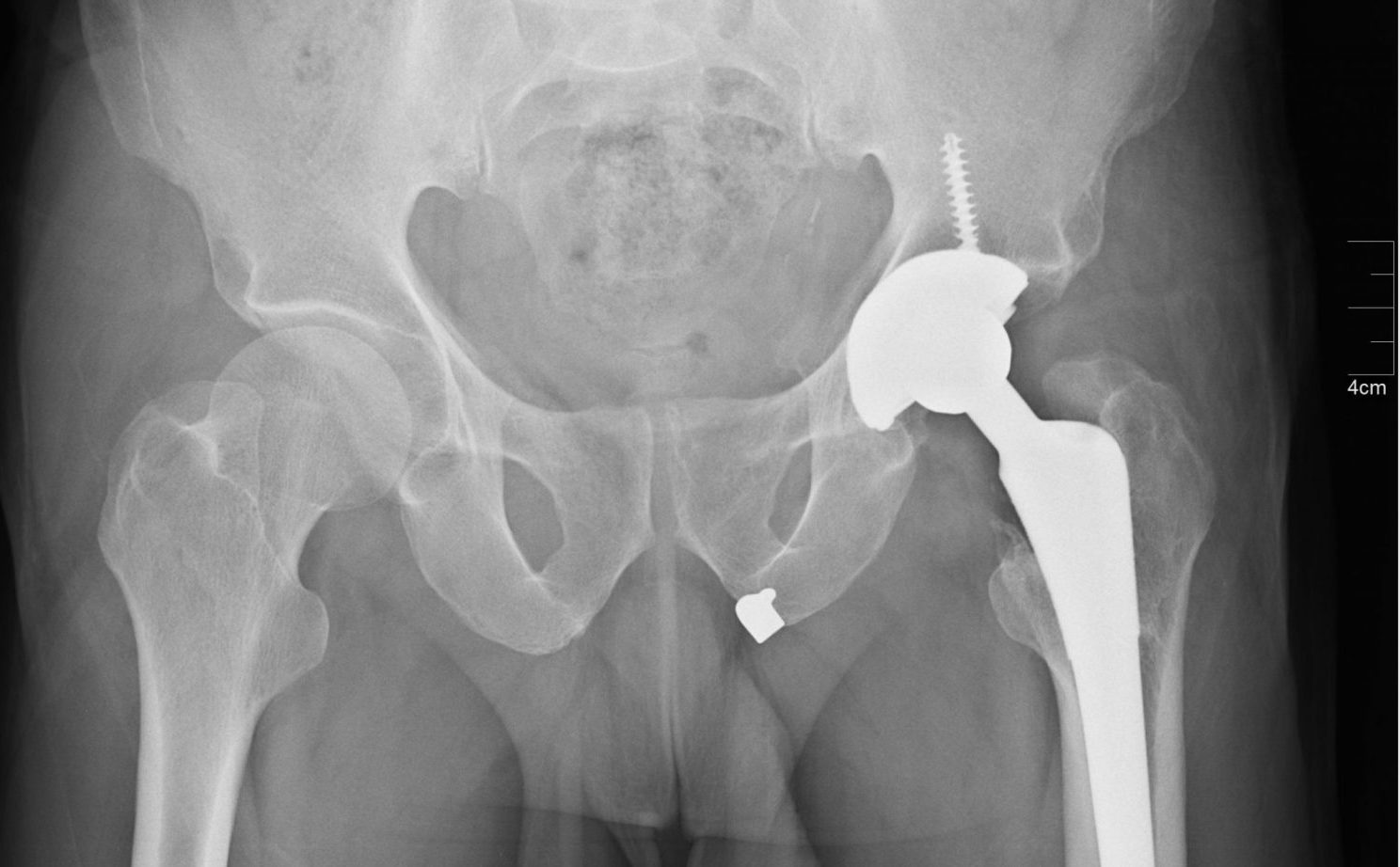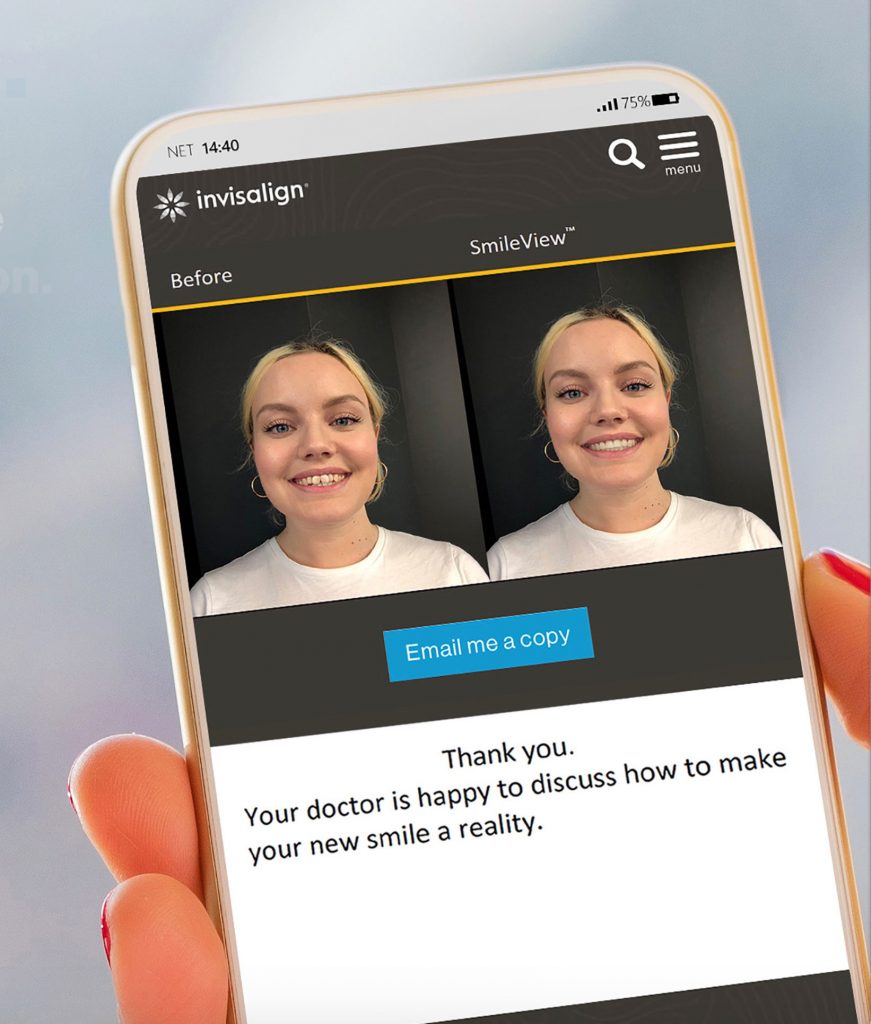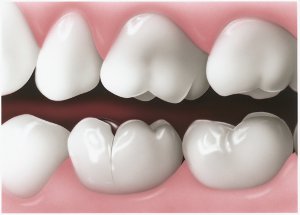Antibiotic prophylaxis is recommended for some patients prior to certain dental procedures to prevent infection. The recommendation exists for two groups of patients:
- those with heart conditions that may predispose them to infective endocarditis
- those who have a total joint replacement and may be at risk for developing hematogenous infections at the site of the prosthetic
Antibiotic prophylaxis for those at risk of infective endocarditis is recommended for patients with:
- artificial heart valves
- a history of infective endocarditis
- a cardiac transplant that develops a heart valve problem
- the following congenital heart conditions:
- unrepaired/incompletely repaired cyanotic congenital heart disease, including palliative shunts and conduits
- a completely repaired congenital heart defect with prosthetic material or device, whether placed by surgery or by catheter intervention, during the first 6 months after surgery
- any repaired congenital heart defect with residual defect at the site or adjacent to the site of a prosthetic patch or a prosthetic device
* Patients should check with their cardiologist or physician if there is any question as to whether they fall into one of these categories
Antibiotics are recommended before dental appointments for people with total joint replacements as follows:
- a joint replacement less than two years ago
- previous infections in the artificial joint
- patients who have an inflammatory type of arthritis (e.g., rheumatoid arthritis), type 1 diabetes, lupus or hemophilia
- patients with a suppressed immune system
- patients who are malnourished
- patients with prior or present malignancy
Dental procedures
Prophylaxis is recommended for most dental treatment including fillings, extractions, root canals and deep cleanings. It is not necessary for x-rays and may or may not be necessary for routine cleanings. Please discuss this with your dentist during your exam.






